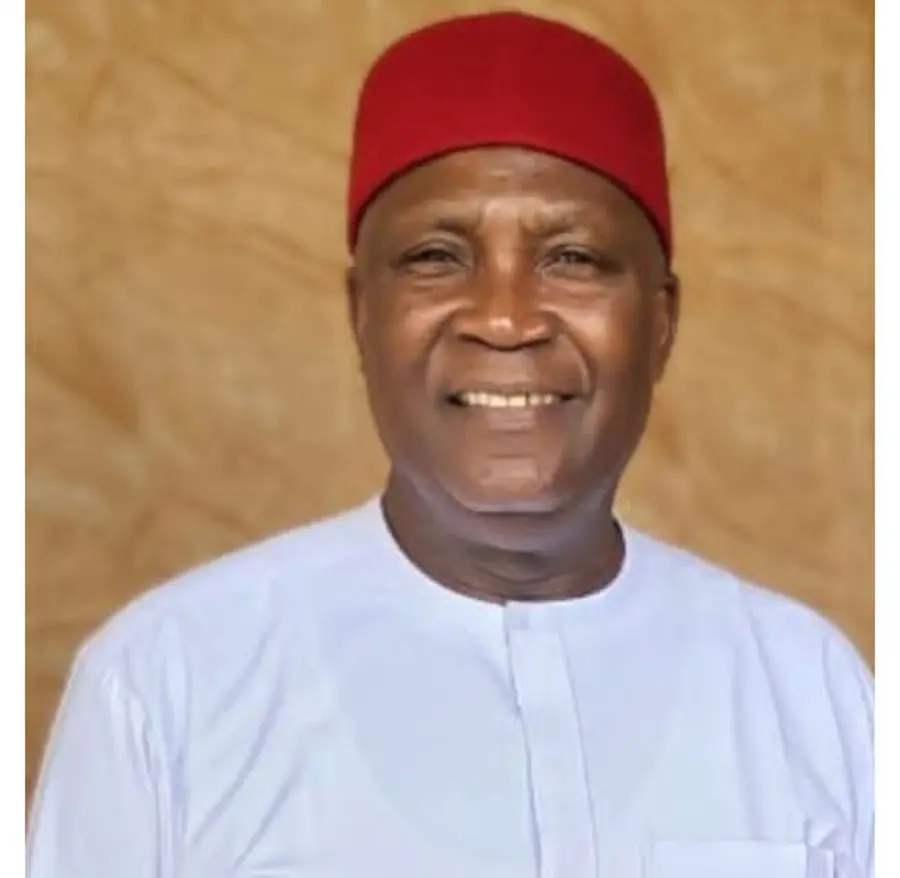As we reflect on the year 2023, it was a period of immense challenges and transitions for Nigeria’s economy under the leadership of President Bola Ahmed Tinubu. The year ushered in a series of major economic policy shifts, notably the removal of fuel subsidies and an overhaul of the exchange rate system, impacting the lives of ordinary Nigerians and businesses across the nation.
The Impact on Businesses
The economic landscape in 2023 was turbulent, leading to significant repercussions for businesses. Major companies such as GlaxoSmithKline Consumer Nigeria and Procter & Gamble made the tough decision to exit Nigeria, citing the foreign exchange crisis, energy shortages, and onerous taxation as key factors contributing to their departure.
Economic Setbacks in the First Quarter
The year commenced with a bleak economic outlook, marked by a cash crunch stemming from the implementation of the Naira’s redesigned policy. The situation was further compounded by the general elections in February and March, contributing to a sluggish pace of business activity in the first quarter.
Economic Indicators
The impact of policy changes reverberated through Nigeria’s economic indicators. The Gross Domestic Product (GDP) growth declined to 2.31% in the first quarter of 2023, down from 3.52% in the fourth quarter of 2022. Additionally, unemployment rose from 4.1% in Q1 to 4.2% in Q2, amplifying the economic strain on the population.
Fuel Subsidy Removal Unleashed Inflation
President Tinubu’s government boldly initiated the removal of fuel subsidies, resulting in a sharp increase in fuel prices. The knock-on effect was widespread, triggering spikes in transportation, food, and general goods and services prices nationwide. The National Bureau of Statistics revealed a surge in inflation to 28.20% in November 2023, up from 22.41% in May 2023.
Exchange Rate Reform Escalates Costs
Another pivotal reform in 2023 was the unification of the foreign exchange market and the Naira’s floating. This policy shift further weakened the Naira, leading to a substantial price hike in a range of consumer goods, including JetA1 fuel, minerals, wheat, electronics, and pharmaceutical products.
Bright Spots and Revenues
Amid the turmoil, President Tinubu’s policies did yield increased government revenues, with the federation account seeing a boost in the latter half of 2023 due to the fuel subsidy removal. The financial sector also depicted signs of resilience, evidenced by the Nigerian Exchange Limited achieving substantial year-to-date growth.
Government’s Response
To mitigate the economic hardship, the Tinubu administration implemented several relief measures, including a provisional wage increment, a Compressed Natural Gas bus rollout program, and cash transfers to vulnerable citizens. However, the impact of the policies and subsequent palliatives continued to reverberate in the lives of Nigerians.
Expert Perspectives
Prominent financial experts and academics weighed in on the economic challenges faced in 2023. Their insights underscored the severity of the economic hardships experienced by Nigerians, as well as the erosion of disposable income due to soaring essential commodity prices and living costs.
Hope for the Future
As 2023 draws to a close, financial experts express cautious optimism, projecting a more promising outlook for the year ahead. Despite the trials of the past year, there is a prevailing belief that 2024 holds the potential for a turnaround in Nigeria’s economic fortunes.
In conclusion, Nigeria’s economy weathered a tempestuous storm in 2023, marked by adversity and resilience. President Tinubu’s bold economic policies, while yielding increased government revenues, also inflicted considerable hardships on the populace. As the year comes to a close, the nation stands at a pivotal juncture, poised to navigate the challenges of the past and shape a more prosperous economic future.
The Future of Nigeria’s Economy in 2024: Insights from Experts
As Nigeria steps into 2024, the economic landscape appears to be at a critical juncture, with a mix of optimism and concern shaping the nation’s financial outlook. The recent removal of fuel subsidies and the unification of exchange rates have sparked both immediate hardships and long-term aspirations, according to economic analysts and experts interviewed by Media Talk Africa.
Amid the intense debates surrounding these policies, Gbolade, a prominent economist, highlighted their potential to curb economic rent seekers and attract foreign investments. However, he cautioned about their unintended consequences, such as soaring food prices and the mounting cost of living, which have affected ordinary citizens.
President Tinubu’s recent budget approval of N28.7 trillion has set the stage for Nigeria’s economic revival, with a projected Gross Domestic Product growth of 3.88%. The President’s commitments to ensuring stable power supply, enhancing food security, stimulating foreign direct investments, reviving local petroleum refining, and prioritizing key sectors in the 2024 budget have raised hopes for a prosperous year ahead.
While acknowledging the positive policy pronouncements by President Tinubu’s administration, Ajibola emphasized the critical imperative of effectively translating these promises into tangible improvements in the lives of Nigerians. He underscored the significance of transparent and accountable governance to yield optimal outcomes and improve living standards.
In contrast, Oyedokun expressed a more cautious outlook, highlighting the prevailing uncertainties surrounding Nigeria’s economic trajectory in 2024. He stressed the urgency of comprehensive policies to combat inflation, boost agricultural productivity, diversify the economy, and create a conducive business environment to attract foreign investments.
Looking ahead, the success of Nigeria’s economic resurgence remains contingent upon addressing key challenges, including political stability, effective governance, and the ability to manage external shocks. Nevertheless, the experts unanimously echoed the nation’s potential to rebound and achieve sustainable economic growth in the coming year, provided that these critical areas are adeptly managed.
In essence, the complexities and opportunities inherent in Nigeria’s economic landscape demand astute policy implementation, transparent governance, and steadfast efforts to prioritize the welfare of its citizens. As the country navigates the economic crossroads in 2024, the global community keenly awaits the unfolding narrative of Nigeria’s resurgence and its impact on the wider regional and international economic dynamics.



